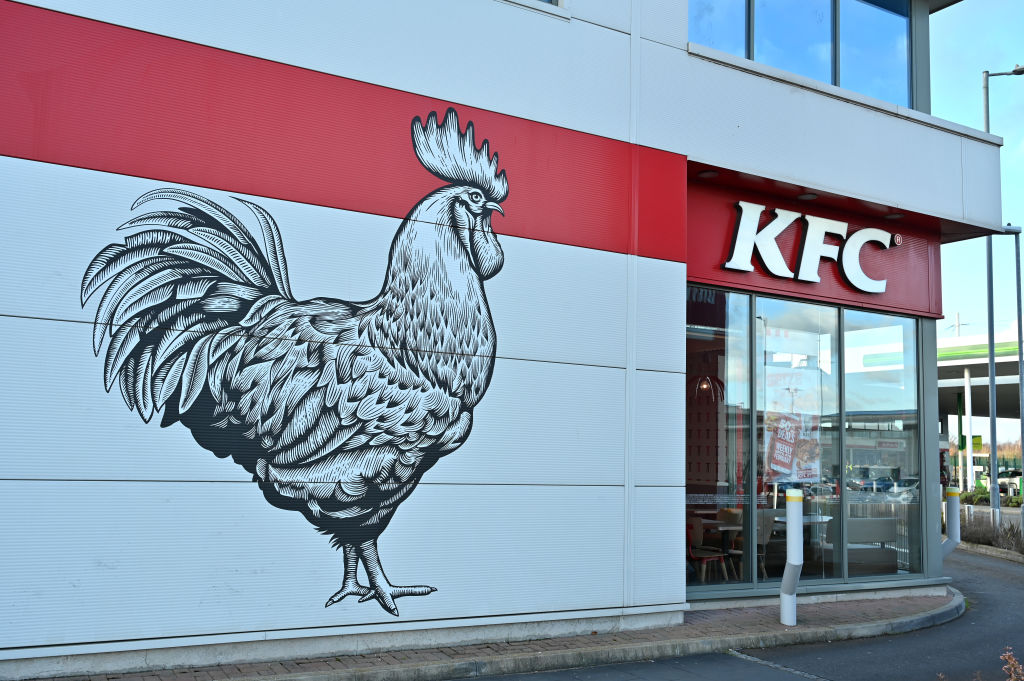Employers have officially begun to use artificial intelligence (AI) to track employees’ productivity rates while on the job.
According to Forbes, dozens of Taco Bell, KFC, and Dairy Queen locations have begun utilizing a system known as Riley — produced by surveillance company Hoptix — to track and analyze workers’ interactions with customers.
To assess their performance, the AI model uses a collection of streams of video and audio data to review each employee’s working status throughout the day.
The information is also used to assign bonuses to anyone on the job who is “upselling” products.
Andrew Valkanoff, the franchisee of five Dairy Queens located in North Carolina, says he has seen an uptick of 3% in sales since implementing Riley.
“Every nickel right now in my business matters,” he explained to Forbes.
Currently, the Riley system is installed in at least 100 stores across the nation, and it uses AI to determine how frequently employees are offering suggestions such as an “upsize” to a customer’s order or the opportunity to join a loyalty program.
From there, those with the most suggestions and those that have the highest number converted into sales receive cash bonuses based on a scorecard by the AI system.
While it tracks employee performance, the tool is meant to be used as a coaching platform.
Per the outlet, the model can help managers to identify and focus on any individuals who require further training and are not performing up to standard for the job.
“When you break this down to individual employees, you can actually start to see who’s converting the most, who’s not converting the most, why they are converting the most,” Hoptix Founder and CEO Ken Bianchi said. “And now you’ve created a training platform where you can look at the best of the best and what they’re doing. The gamification that’s come from this has blown me away.”
While Bianchi is excited about what the platform has to offer, a researcher at nonprofit research group Data and Society explains how using the technology to track productivity may pose some concerns.
“A lot of times what gets called productivity issues, especially in fast-food contexts, are often a result of severe understaffing,” Alexandra Mateescu told Forbes.
“There’s a concern that such surveillance is going to further squeeze workers in a context where there’s hardly anything left to squeeze,” Mateescu continued.
This isn’t the fast-food restaurant industry’s first rodeo with AI technology. Per the outlet, in 2019, Domino’s deployed its DOM Pizza Checker in stores across Australia and New Zealand, leaning on the software to ensure that employees were properly adding and distributing the correct toppings across the pies. And Outback Steakhouse has used AI for monitoring as well.


